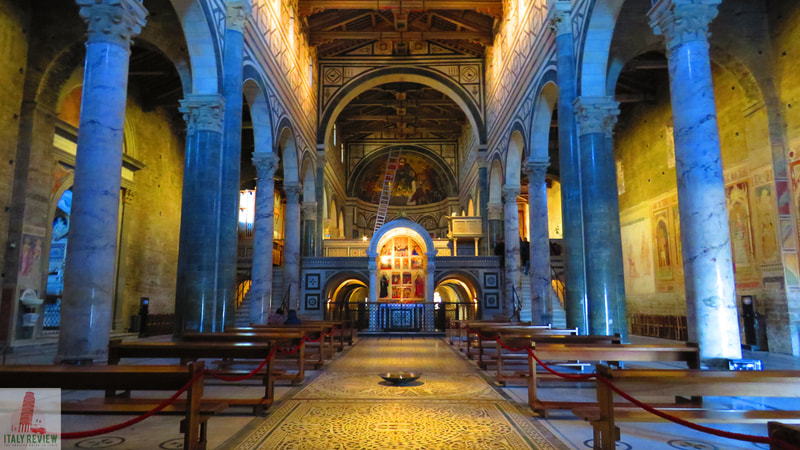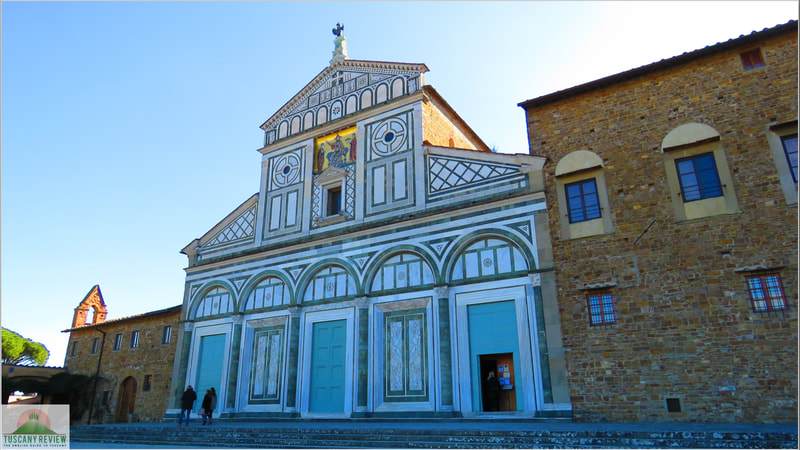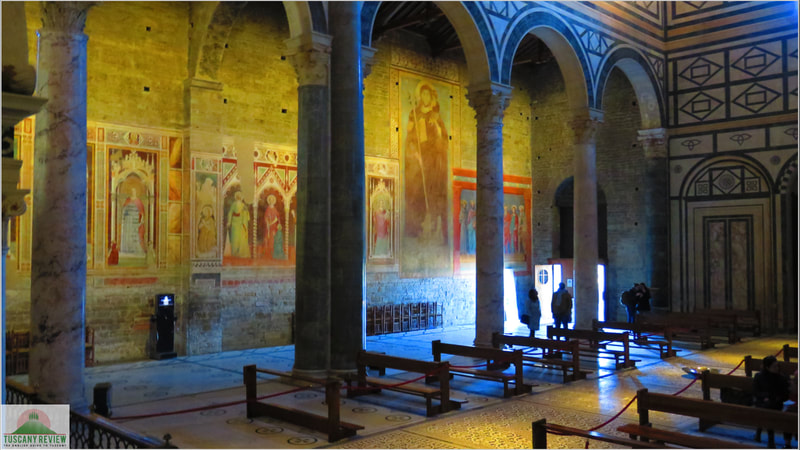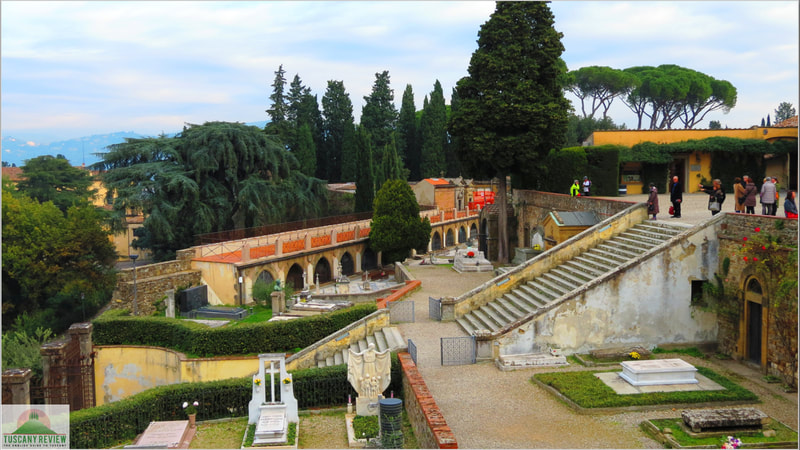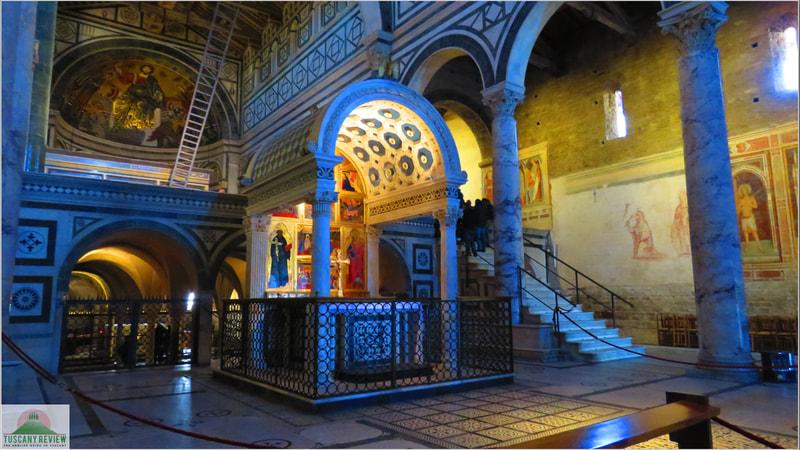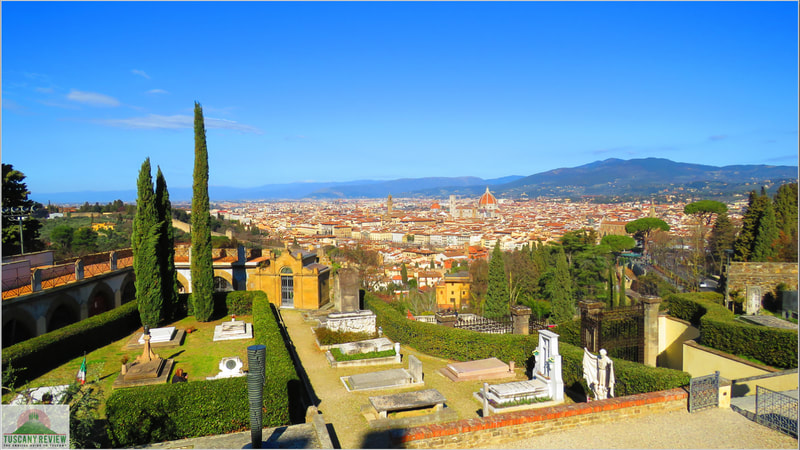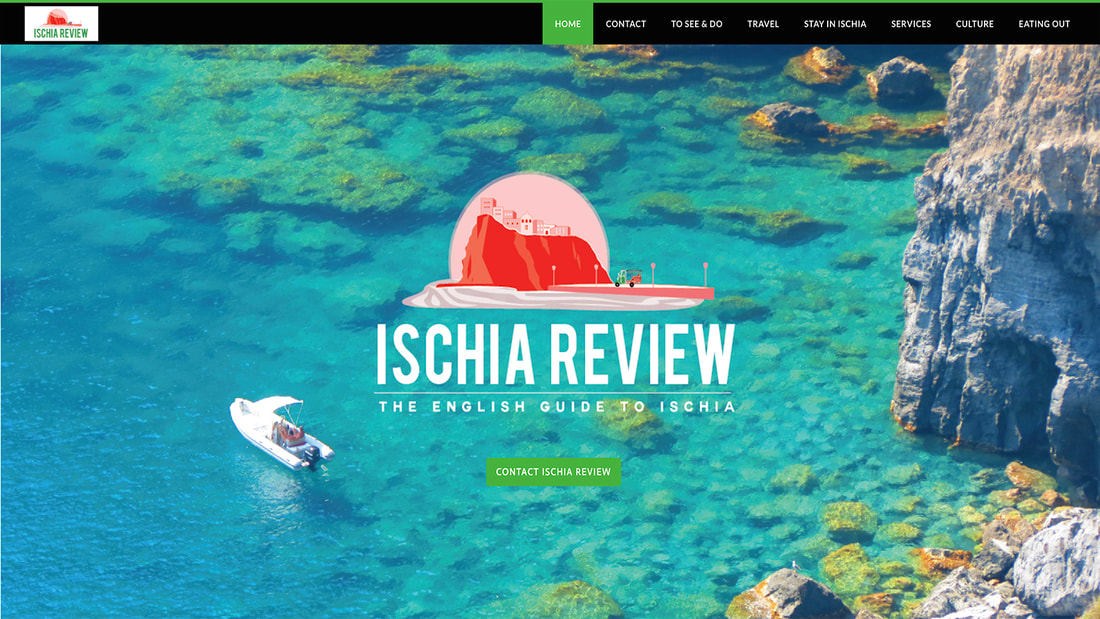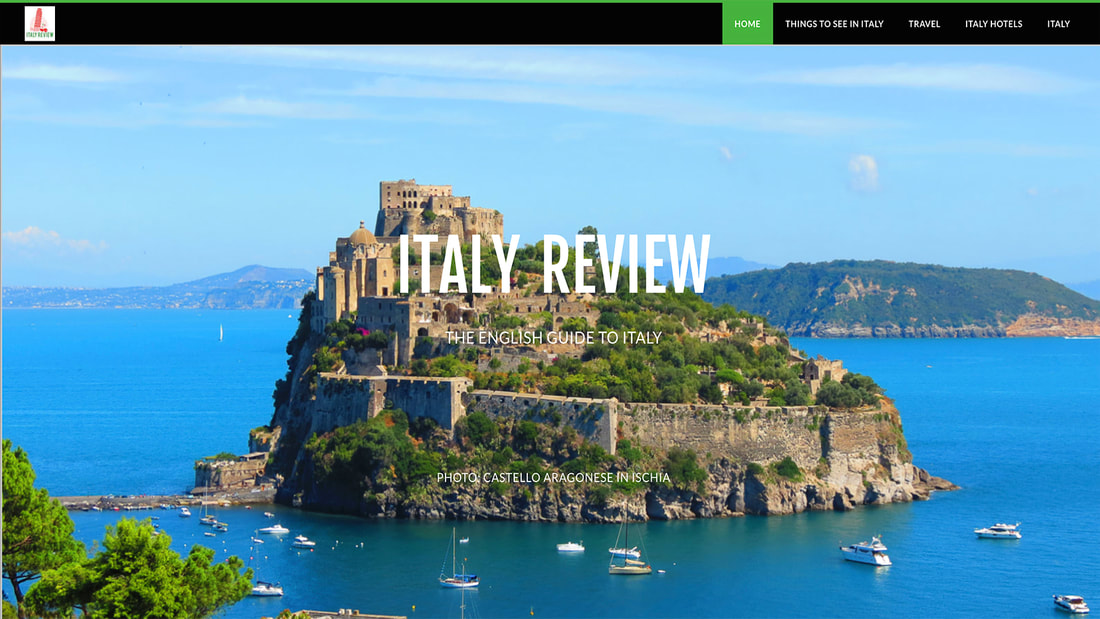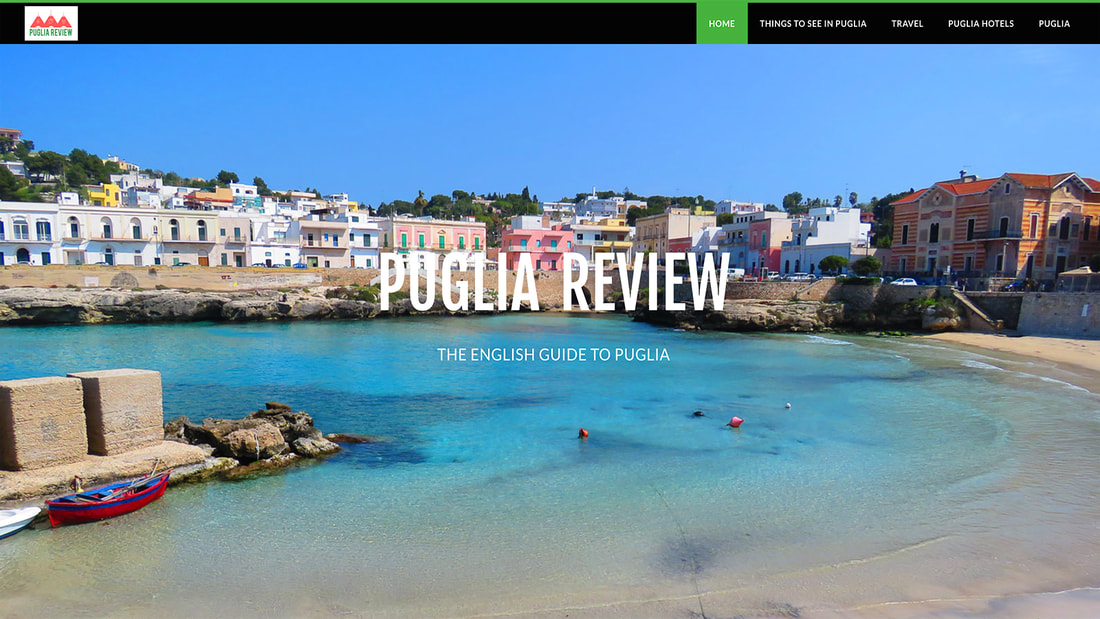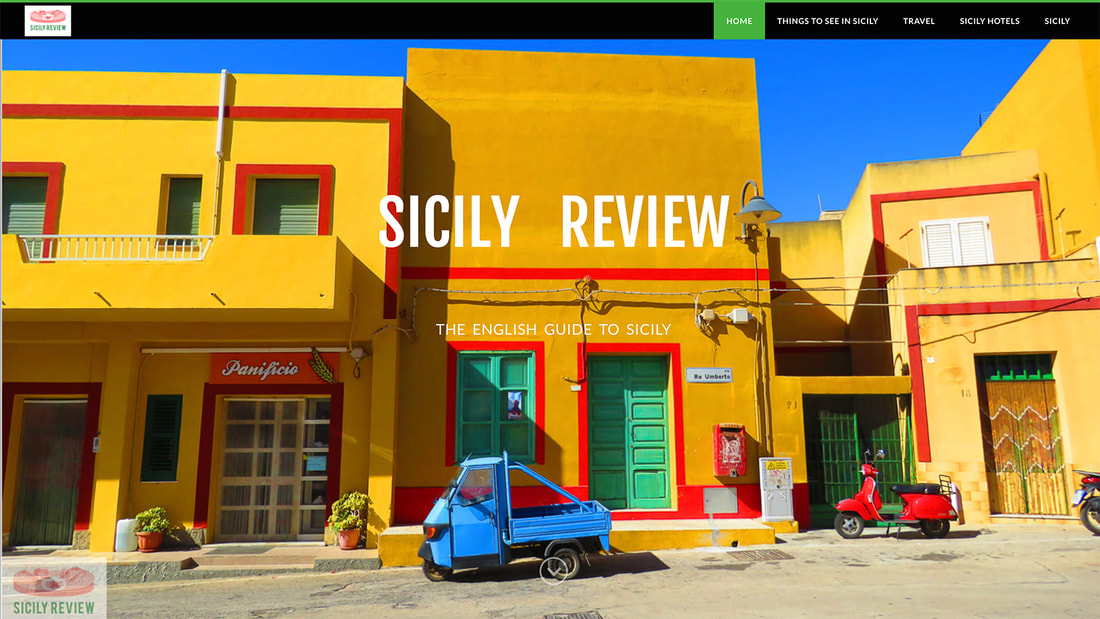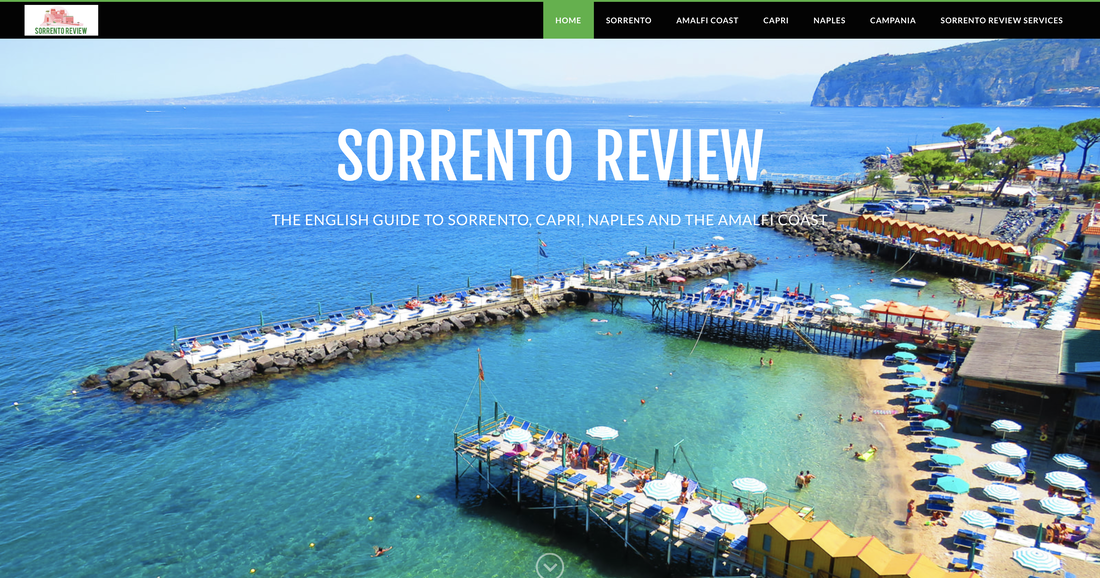Basilica di San Miniato al Monte
Latest update: 18 February 2024
|
You will know it was a great choice to visit the Basilica di San Miniato al Monte even before entering it.
Opposite the façade of this milestone of Romanesque architecture in Florence you will have one of the best views of the city as San Miniato is located in one of its highest points. It's also just a short walk from Piazzale Michelangelo where the views are even better. San Miniato was the first evangeliser and Christian martyr in Florence. |
|
Related links
San Miniato
The legend tells how after being beheaded next to the River Arno, he walked carrying his own head up the hill and went to die in the cave on Monte alle Croci where he had lived as a hermit. Here is where the church was built in 1018.
The legend tells how after being beheaded next to the River Arno, he walked carrying his own head up the hill and went to die in the cave on Monte alle Croci where he had lived as a hermit. Here is where the church was built in 1018.
Michelangelo's defensive plans
Next to the church is a magnificent monastery. Due to its strategic position during the siege of Florence in 1530 it was used as an artillery post and fortress, as suggested by Michelangelo; at that time the artist worked in military engineering projects and for the defence of Florence. He also was responsible for the construction of the defensive walls that surround the complex and had the idea of wrapping the Campanile (bell tower) in mattresses to protect it from enemy fire. It had already collapsed in 1499, but was rebuilt in 1523 to never be finished. In 1924 The complex was rebuilt to again be a monastery.
Next to the church is a magnificent monastery. Due to its strategic position during the siege of Florence in 1530 it was used as an artillery post and fortress, as suggested by Michelangelo; at that time the artist worked in military engineering projects and for the defence of Florence. He also was responsible for the construction of the defensive walls that surround the complex and had the idea of wrapping the Campanile (bell tower) in mattresses to protect it from enemy fire. It had already collapsed in 1499, but was rebuilt in 1523 to never be finished. In 1924 The complex was rebuilt to again be a monastery.
Florence Tours
Palazzo del Vescovo
A part of the complex is also the Bishop’s Palace, summer residence for Florentine bishops with the refectory and the mill all built in the 13th century. Also within the site's confines is a cemetery, the Porte Sante, where writers such as Luigi Ugolini and Carlo Collodi, creator of Pinocchio and artists including Libero Andreotti and Pietro Annigoni are buried .
Check out the geometrically patterned marble façade, that resembles the Basilica di Santa Croce or Santa Maria Novella, and the eagle on the top of it; it was the symbol of Arte di Calimala, an important cloth merchants’ guild in the city which paid for it and were responsible for the church’s upkeep from 1288.
Inside, pass by the Cappella del Crocefisso (Chapel of the Crucifix), designed by Michelozzo. It is the more visible and lies in the central nave. There are also works by Luca della Robbia and frescoes by Taddeo Gaddi, Alesso Baldovinetti and Piero del Pollaiuolo. Also not to missed, on the left the Cappella del Cardinale del Portogallo (Chapel of the Cardinal of Portugal), designed by Antonio Manetti and finished by Antonio Rossellino and considered one of the most impressive funerary monuments of the Italian Renaissance.
A part of the complex is also the Bishop’s Palace, summer residence for Florentine bishops with the refectory and the mill all built in the 13th century. Also within the site's confines is a cemetery, the Porte Sante, where writers such as Luigi Ugolini and Carlo Collodi, creator of Pinocchio and artists including Libero Andreotti and Pietro Annigoni are buried .
Check out the geometrically patterned marble façade, that resembles the Basilica di Santa Croce or Santa Maria Novella, and the eagle on the top of it; it was the symbol of Arte di Calimala, an important cloth merchants’ guild in the city which paid for it and were responsible for the church’s upkeep from 1288.
Inside, pass by the Cappella del Crocefisso (Chapel of the Crucifix), designed by Michelozzo. It is the more visible and lies in the central nave. There are also works by Luca della Robbia and frescoes by Taddeo Gaddi, Alesso Baldovinetti and Piero del Pollaiuolo. Also not to missed, on the left the Cappella del Cardinale del Portogallo (Chapel of the Cardinal of Portugal), designed by Antonio Manetti and finished by Antonio Rossellino and considered one of the most impressive funerary monuments of the Italian Renaissance.
|
Opening times (for tourists):
Monday to Saturday: 09:30 –13:00, 15:30 –19:00 Sunday in summer: 08:15 – 20:00 Sunday in winter: 08:15 –19:00 |
Prices:
Free entry |
|
City: Florence
Province: Metropolitan City of Florence Region: Tuscany Built: 1018 Architectural style: Florentine Romanesque Walking distance from Piazza del Duomo: 29 minutes Close by: Piazzale Michelangelo, Boboli Gardens Recommended accommodation: Hotel Spadai |
Directions: From the main train station (FSN) walk to the Piazza della stazione and take bus 12 to Piazzale Michelangelo. From the stop San Miniato 01, in Viale Galileo, walk to via del Monte alle Croci. By car you can drive from the station to Piazza Ferrucci.
There, turn to the left Via delle Porte Sante. The basilica will be on your right. You can also arrive walking by the green hills that surround Florence, up to Piazzale Michelangelo. Then follow several paths from either the Piazzetta of San Miniato or the path behind the Torre di San Nicolò. Once you are at the panoramic terrace, climb the remaining steps to the top of Via delle Porte Sante to arrive at the door of the church.
There, turn to the left Via delle Porte Sante. The basilica will be on your right. You can also arrive walking by the green hills that surround Florence, up to Piazzale Michelangelo. Then follow several paths from either the Piazzetta of San Miniato or the path behind the Torre di San Nicolò. Once you are at the panoramic terrace, climb the remaining steps to the top of Via delle Porte Sante to arrive at the door of the church.

